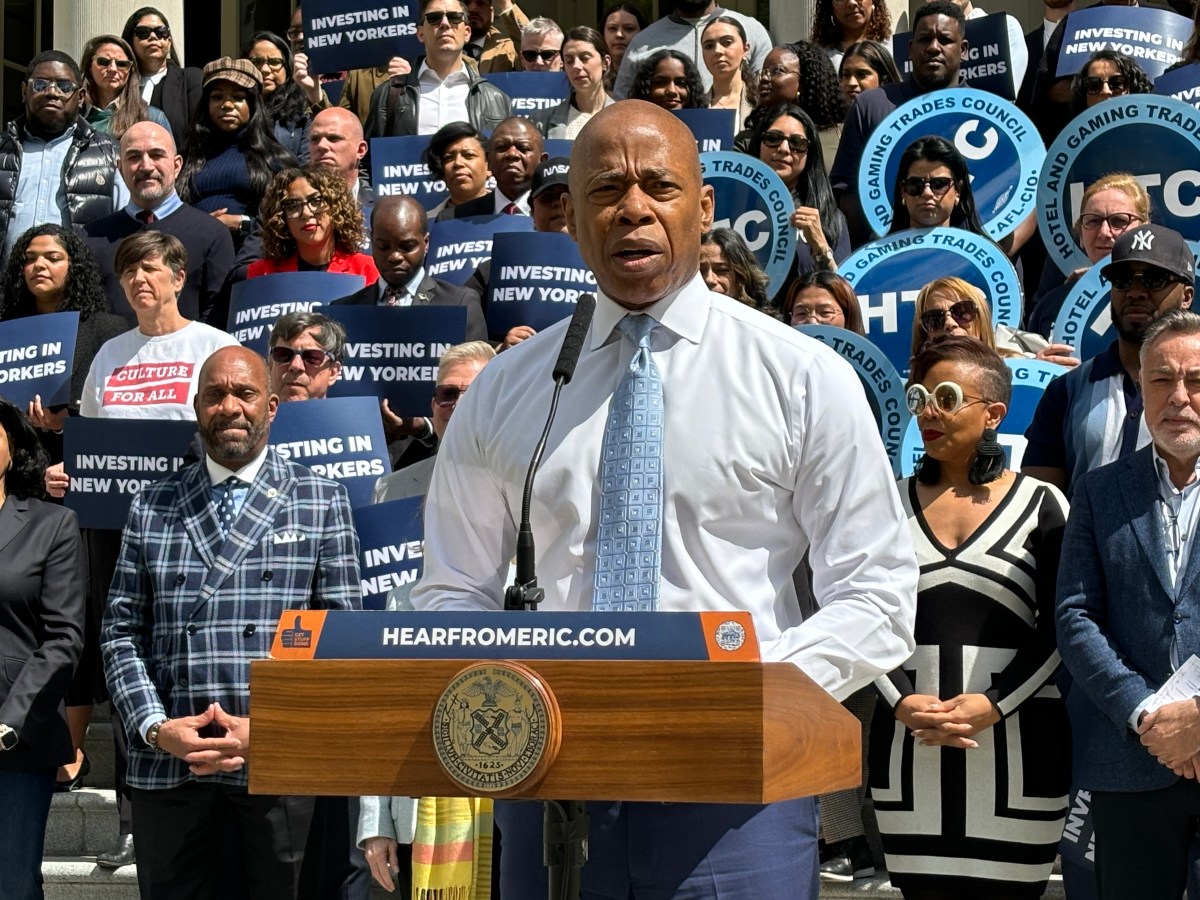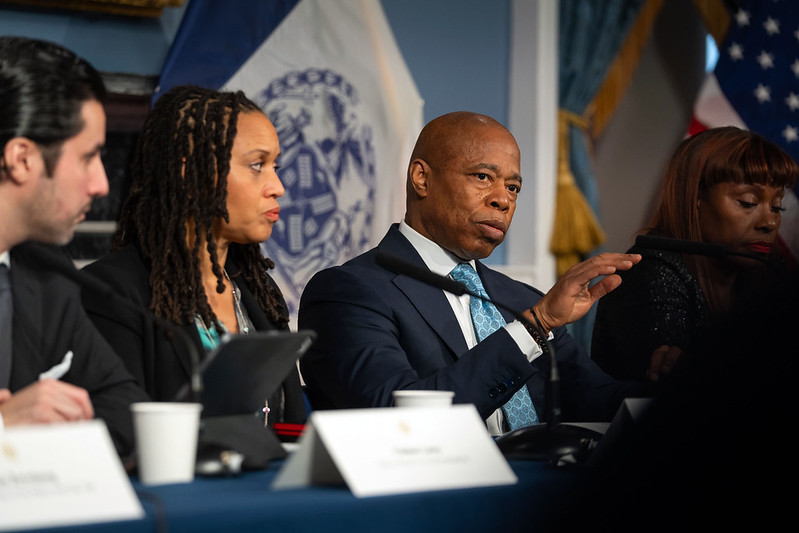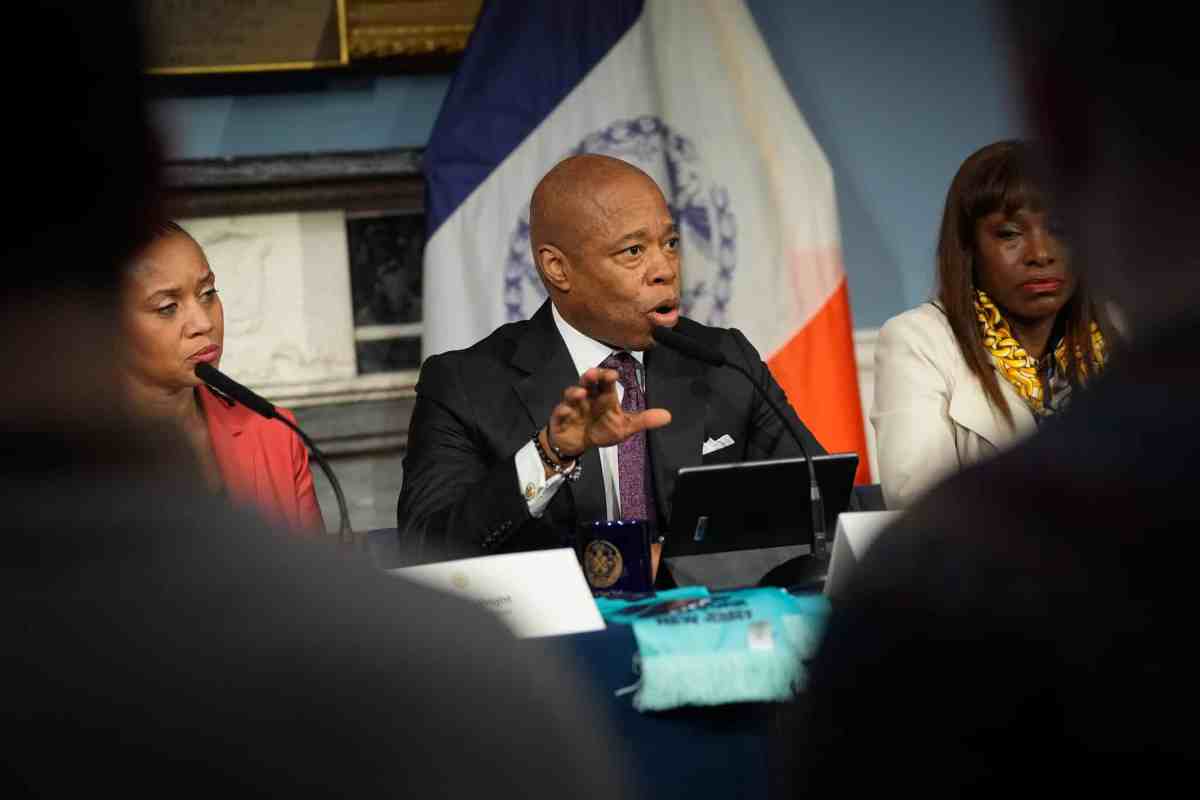In this busy political season, candidates struggle to raise funds for their war chests, in the hopes of winning their races. Even with the enormous amount of money needed to mount a political campaign, there is often some left over after the buzzer. What happens to that unspent campaign money?
According to the rules set forth by the Federal and State Election Commissions, candidates’ committees can generally do a variety of things with surplus funds. Whatever they choose to do with it, it must be reported to the applicable commission in accordance with its rules. A surplus amount only exists if there is any money left over after all expenses and debts have been paid.
All expenditures must be filed under one of several general categories. The one universal rule is that the money must not be spent for “personal use.”
The Federal Election Commission (FEC) says that campaign funds may be used in a wide variety of ways, including:
• Moving expenses (including costs associated with “winding down” an office or campaign for a losing candidate)
• Payments to Committee
• Gifts. Campaign funds may be used to purchase gifts or make donations of nominal value to persons other than the members of the candidate’s family.
• Donations to charitable organizations
• Unlimited transfers to any national, state or local political party committee
• Donations to state and local candidates, pursuant to state law
• Returning it to the original donors
• Any other lawful purpose that is not considered a personal use
What constitutes personal use? It’s a murky area, but The Federal Election Campaign Act (FECA) states that an expenditure is considered personal use “if the contribution or amount is used to fulfill any commitment, obligation, or expense of a person that would exist irrespective of the candidate’s election campaign or individual’s duties as a holder of Federal office, including:
(A) a home mortgage, rent, or utility payment;
(B) a clothing purchase;
(C) a non campaign-related automobile expense;
(D) a country club membership;
(E) a vacation or other noncampaign-related trip;
(F) a household food item;
(G) a tuition payment;
(H) admission to a sporting event, concert, theater, or
other form of entertainment not associated with an election campaign; and
(I) dues, fees, and other payments to a health club or recreational facility.”
Similarly, New York State Election Law says that surplus campaign funds may be transferred to a constituted committee or party committee, contributed to a charity, prorated and returned to the donors, or held for use in a subsequent election campaign. Surplus campaign funds may also be used by an elected official for any lawful purpose, including defraying the ordinary and necessary expenses incurred in connection with his or her duties as the holder of an elected office. Contributions may not be converted to personal use not related to political campaign or holding public office or party position.
A candidate could hold on to campaign money for years, as long as he or she is still contemplating another run for office. Expenditures related to keeping that possibility alive, such as parties and dinners, are permissible.
Candidates who receive matching public funds from the government, such as New York City candidates receiving public funds from the Campaign Finance Program of
the New York City Campaign Finance Board, are required to use surplus money to repay public funds to the government. However, it can be a slow and difficult process for the City to collect those funds.
Leaving aside the broader issue of campaign finance, there is always the potential for abuse in reporting surplus expenditures, such as hiding the true purpose of expenditures by filing them under one of the acceptable uses. But given how much time and effort candidates and their committees need to spend to raise funds in even the smallest race, the law gives them latitude on how to spend it.
Let’s hope our Queens leaders and their staff are keeping accurate, open and timely records of the hard-earned money that voters donate to them.

































